10 common myths holding women back in government contracting and leadership
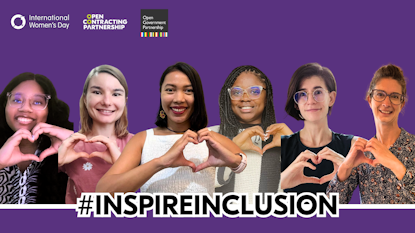
Happy International Women’s Day! As we celebrate, we find ourselves at the crossroads of progress and potential, confronting the myths holding women back from participating in public procurement and attaining certain heights in leadership. Although we have come a long way, the gaps still exist and to realize inclusive economies and sustainable development globally, we must #InspireInclusion.
This International Women’s Day, we’re flipping the script and debunking some of these myths one by one. Take a look at insights from incredible women who are breaking barriers, defying expectations, and reshaping the landscape of governance, public procurement, and leadership.
Myth 1: Women-led and -owned businesses cannot successfully deliver government contracts
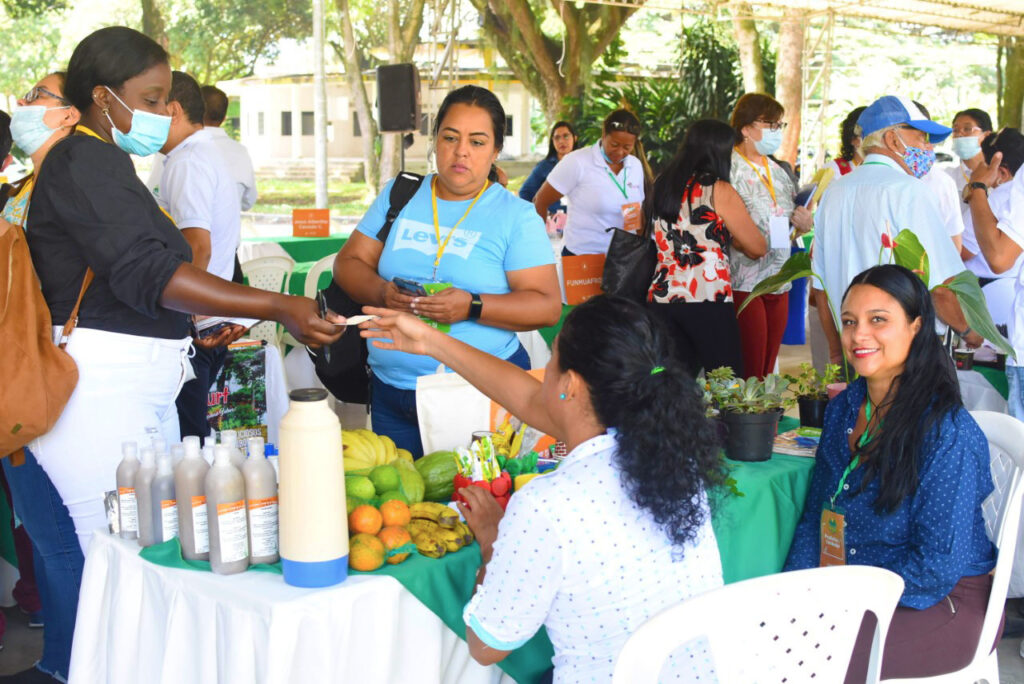
Women are excelling in business. According to the World Bank, women-owned SMEs contribute 20% to the global GDP. When given opportunities, these businesses excel in delivering quality and innovation. For instance, women producers in Palmira are suppliers for the school meals program and other food provision services.
Read: Empowering women and rural farmers through procurement in Palmira, Colombia
Public procurement has strategic value to improve citizens’ lives, support the inclusion of women-led businesses and reduce poverty. It’s not just an administrative process. We focused on the plan, the data, and the purpose of what we want to achieve. Going to the countryside made all the difference; getting to know the associations and producers. We built capacity to show that there is an opportunity to change how things are done.
Now, three of seven agricultural cooperatives include women-led producers, and two have women as their legal representatives.
Myth 2: Women business owners without male spouses or business partners should not access financial support
Certainly, someone capable of effectively managing a company spanning 10 countries possesses the skills needed to execute government projects successfully. However, what’s the point of beginning if you can’t follow through? Without financial support from banks, cooperatives, and other sources, numerous women-owned businesses won’t engage in government contracting due to insufficient capital, compounded by frequent payment delays. Open data solutions such as CREDERE can help these businesses access the financial services they need in order to confidently bid on and deliver government contracts.
Resource: How to empower women-led businesses and make public procurement more inclusive
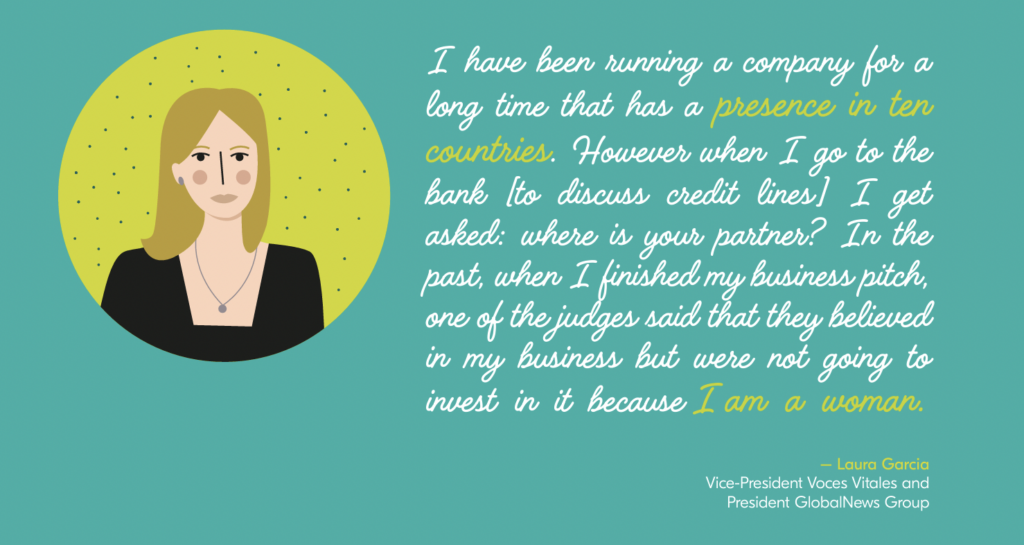
Myth 3: Women can only lead small businesses and can only succeed in certain nontechnical or informal sectors

In the Dominican Republic, in 2015, almost 40% of women-led suppliers were in construction. Consulting services, textiles, food and cleaning supplies, rounded out the list of the five categories with the most women-led companies. Five years later, after implementing open contracting reforms women’s businesses have diversified. The latest survey carried out by the procurement agency shows that training, consulting and advertising companies lead the ranking. Construction continues to be the second most important industry, and office supplies took the place of food sales.
Read: Women win one in four contracts in the Dominican Republic thanks to inclusive procurement reforms
Myth 4: Gender-responsive procurement isn’t a necessity, women and men already have a levelled playing field
The data is clear: Women-owned businesses only get 5% of federal contracts in the United States, only 10% of the Canadian government’s SME suppliers are women-owned, and only 5% of municipal contracts in Albania go to women. A recent study of procurement governed by the procurement directives of the European Union found that 26% of managers for government suppliers are women, and as few as 16.5% of suppliers of large value contracts have mostly women on their management teams. Resource: Towards gender balance in public procurement
Women face many barriers limiting their access to government contracts such as limited ownership of land and property, which hinders collateral for credit and investment. Also, women lack awareness of tender opportunities, struggle to connect with relevant business networks, and struggle to break open the “boys club.” Establishing gender-responsive provisions throughout the procurement process can boost the access of women-owned and -led businesses into the public procurement market.
Myth 5: SMEs cannot deliver quality government projects as well as large businesses can
As part of OCP’s Lift impact accelerator program, Ekiti State, Nigeria, increased the participation of SMEs, especially women businesses in its US$95m contracting market. Small and women-led businesses dominate the local economy and have been found to deliver, re-invest more in their communities, and generate more customized and creative solutions for residents.
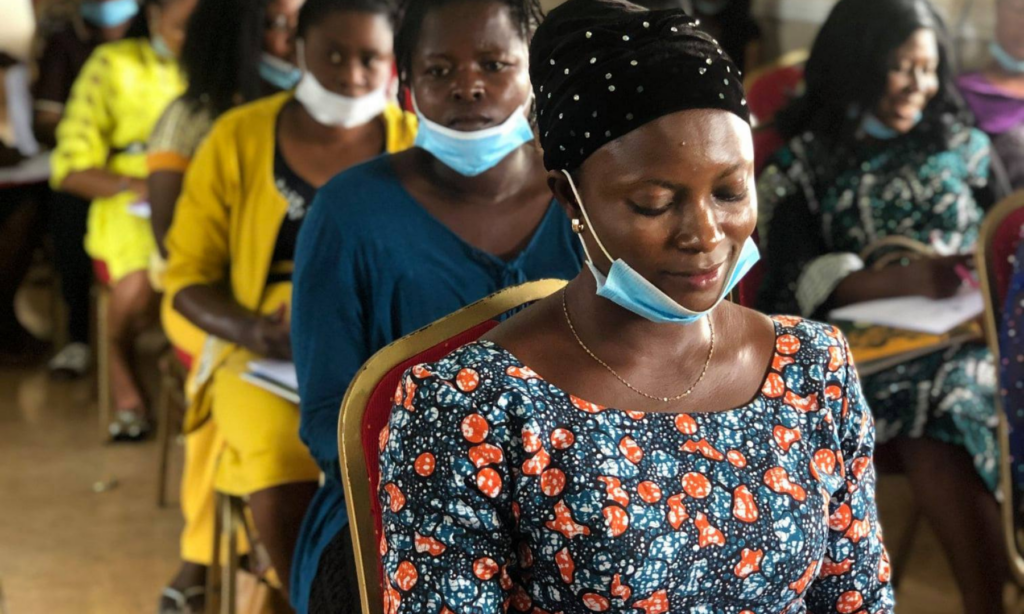
Myth 6: The gender of the people designing and deciding policy isn’t that important.

Gender parity implies ensuring the participation of women at all levels and decision-making spaces in political and public life. The world is made up of men and women; in fact, there are more women than men in the world. Therefore, it is necessary that all spaces of participation and public and private decision-making incorporate the voices and visions of both men and women.
Myth 7: Negative impacts in the extractive sector don’t affect women differently
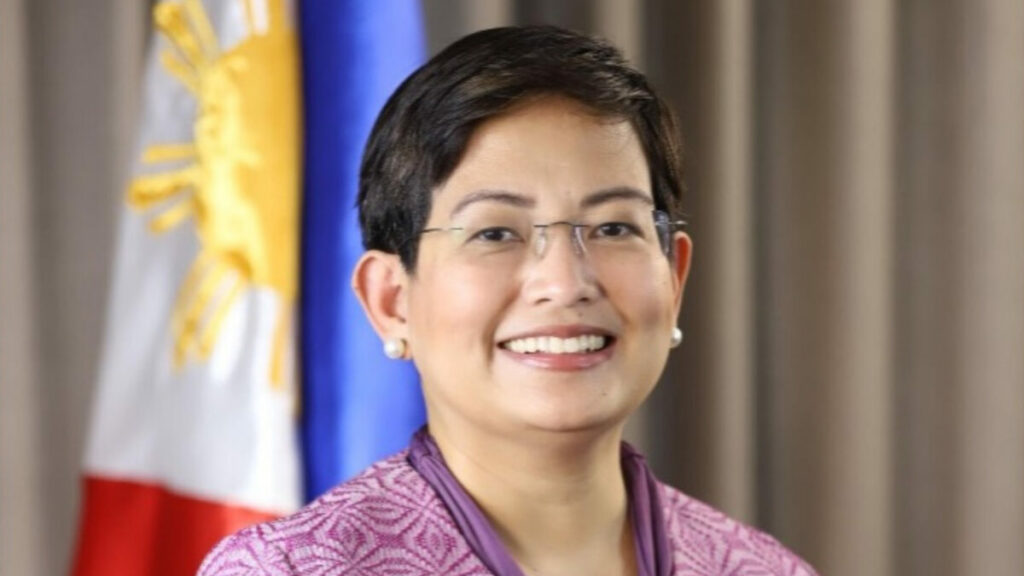
With respect to employment opportunities in the extractive sector, women are usually excluded from opportunities for decent work and are being discriminated against. Women bear the brunt of environmental and social disruptions. A gender lens will ensure that resource extraction must take into account the impact of extraction on the lives of women.
Myth 8: Algorithms used in decision-making are inherently neutral and objective

As AI technology becomes more available and embedded in government policy and procedures, open government actors need to be aware of the potential discriminatory issues from the start and build in open, transparent, and equitable approaches to help mitigate them.
Myth 9: Online gender-based violence is solely a result of individual actions
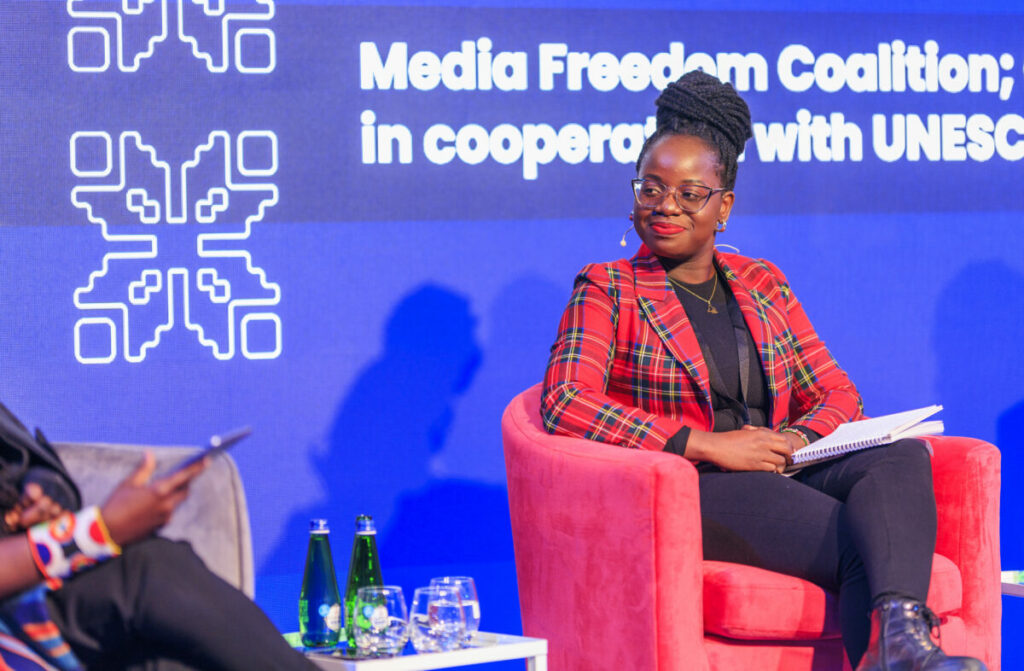
The impact of digital risks on marginalized communities, specifically women, is profound and multifaceted. Unregulated digital platforms can amplify harmful gender stereotypes, reinforcing traditional norms that contribute to gender-based violence. Misuse of algorithms may also perpetuate discriminatory content, further entrenching harmful narratives.
Myth 10: Gender data is unnecessary because women are already accounted for in policy data as citizens

«Opening up gender data is an important step to change policies and practices that could negatively impact different gendered groups and implement better-targeted initiatives to address their needs. For example, in Kenya, data gathered by a CSO on women’s land ownership made it “faster, easier and cheaper for a woman to have her name added to a land deed.»
Bonus: Women simply cannot balance work-home-life
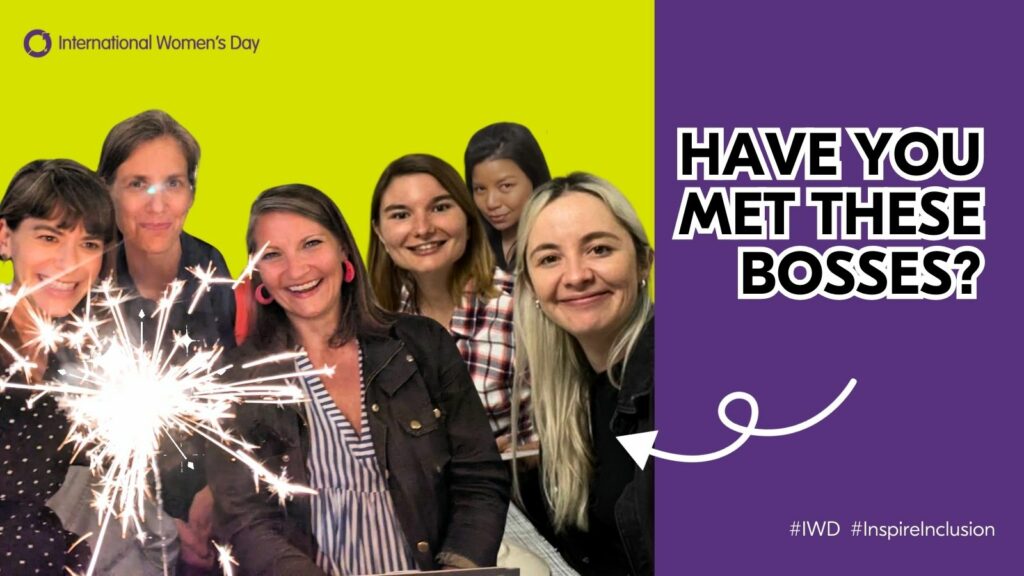
These women are just some of the many who are at the forefront of OCP’s new strategy to enable one billion people to live in more equitable, prosperous, and sustainable communities by 2030 by improving US$2 trillion in public procurement spending. Check out Strategy 2024-2030: Better Public Procurement for People and the Planet.
In a world where glass ceilings still loom large and misconceptions abound, let us challenge the status quo, shatter those myths, ignite inclusion, and pave the way for a future where every woman has the opportunity to thrive. Happy International Women’s Day!